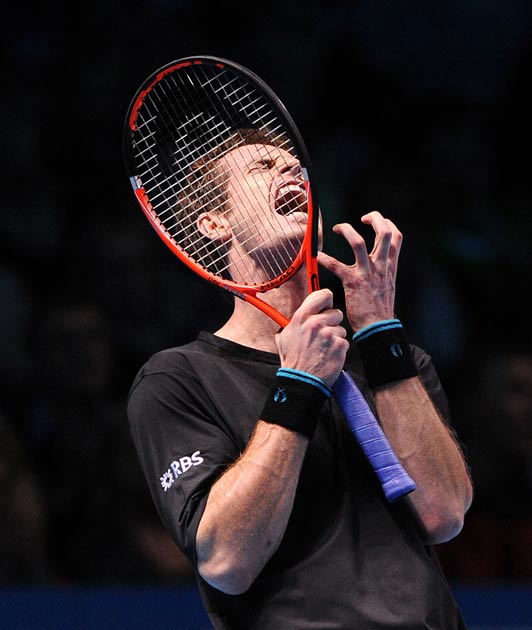Federer confirms place as the greatest

When Roger Federer's tears flowed at the end of the Australian Open at the start of the year, it seemed that his days as the best player on the planet were over. Already overtaken by Rafael Nadal at the top of the world rankings and having just lost to the Spaniard for the third time in four Grand Slam finals, Federer might have wondered whether he would remain forever stranded on 13 major titles, one short of Pete Sampras' all-time record.
Four months later, however, the landscape of men's tennis changed during the course of a fourth-round match at the French Open as Nadal, unbeaten in all 31 of his previous matches at Roland Garros, was swept aside by Robin Soderling.
The king of clay had a history of knee trouble and the demanding calendar had finally caught up with him. When Nadal returned in August, having missed Wimbledon, some of his sparkle appeared to have gone.
Federer took full advantage. Victory over Soderling in the French Open final put him alongside the five other men who have win all four Grand Slam titles. A month later his sixth Wimbledon triumph, after an epic final against Andy Roddick, closed the debate over the greatest player of all time.
Roddick had ended Andy Murray's best Wimbledon run in the semi- finals. The Scot enjoyed a fine year, winning six titles and briefly reaching No 2 in the rankings, though a wrist injury interrupted his progress. Murray ended at No 4, just ahead of Juan Martin del Potro, who won his first Grand Slam title, beating Federer in the US Open final.
While Murray was unable to prevent John Lloyd's team suffering relegation to the Davis Cup's third tier, Britain's women continued to prosper. Elena Baltacha, Katie O'Brien and Anne Keothavong, who hopes to return next month after knee surgery, all finished in the world's top 100, while in junior competition Heather Watson won the US Open and Laura Robson reached the Australian Open final.
Serena Williams, the champion of Melbourne and Wimbledon, was again the best female player, though she besmirched her reputation with a foul-mouthed tirade directed at a line judge in New York. The most remarkable performance of the year was Kim Clijsters' victory in the US Open in only her third tournament back after a two-year break. With her fellow Belgian, Justine Henin, also coming out of retirement, 2010 should be another memorable season.
Three to watch
Marin Cilic The 21-year-old Croatian has a big game and a big-match mentality. This could be his year after threatening to make his Grand Slam breakthrough in 2009.
Thiemo De Bakker The 6ft 4in Dutchman, 21, climbed 153 places in the world rankings in 2009 to 96. Has the game and physique to make further giant strides.
Michelle Larcher de Brito Has attracted attention because of her grunting, but the 16-year-old Portuguese also has abundant talent and a great fighting spirit.
Paul Newman
Join our commenting forum
Join thought-provoking conversations, follow other Independent readers and see their replies
Comments